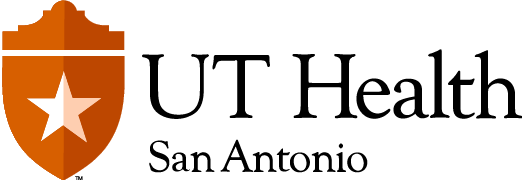When the opportunity to participate in a phase three clinical trial of Moderna’s COVID-19 vaccine arose in San Antonio, Linda Lopez-George, director of research partnerships and business development, was eager to volunteer.
The research organization, Clinical Trials of Texas, put out the call for volunteers in July, stressing the crucial need to include participants from traditionally underserved populations in order to ensure equal representation in the study.
Recent data shows increasing evidence that racial and ethnic minorities are disproportionately affected by COVID-19, according to the Centers for Disease Control and Prevention. This is largely due to social factors such as discrimination, access to health care and occupations in work environments with higher risk of exposure.
Having researched the issue, Lopez-George knew that, as a Hispanic woman, she could serve an important role by volunteering.
“I don’t know that I’m ever going to have a legacy, per se,” Lopez-George said. “But it would be really cool if it is the Moderna vaccine that’s first out of the gate. It would be great to say hey, I was part of the trial. I was one of the ones that proved this vaccine works.”
Some of her friends and family were apprehensive about her decision to be a volunteer in the study, but because of her familiarity with research and lengthy approval processes for human trials, Lopez-George was not concerned.
“I just don’t think of it that way,” she said. “I don’t think I’m doing anything heroic, I just think of it as my civic duty to do it.”
Lopez-George went through two rounds of injections, with the first shot administered in August and the second one given 30 days later. She logged her symptoms in an app monitored by Clinical Trials of Texas.
“I had no problems with the injection,” Lopez-George said. “I don’t know, maybe I had the placebo, but I did not experience any headache, fatigue or soreness. No adverse reactions for me at all.”
Participants in the study are being called “COVID warriors” for their role in this historic moment for science and research. Lopez-George believes that anyone can be a warrior and encourages those in the community who are healthy to participate in future trials. “Even if you don’t really think you can make a difference, you can. One way or the other I know that I am making a difference.”
UT Health San Antonio
UT Health San Antonio is a leading academic health center with a mission to make lives better through excellence in advanced academics, life-saving research and comprehensive patient care. If you have a story you would like to see regarding our COVID-19 response, please submit here.
